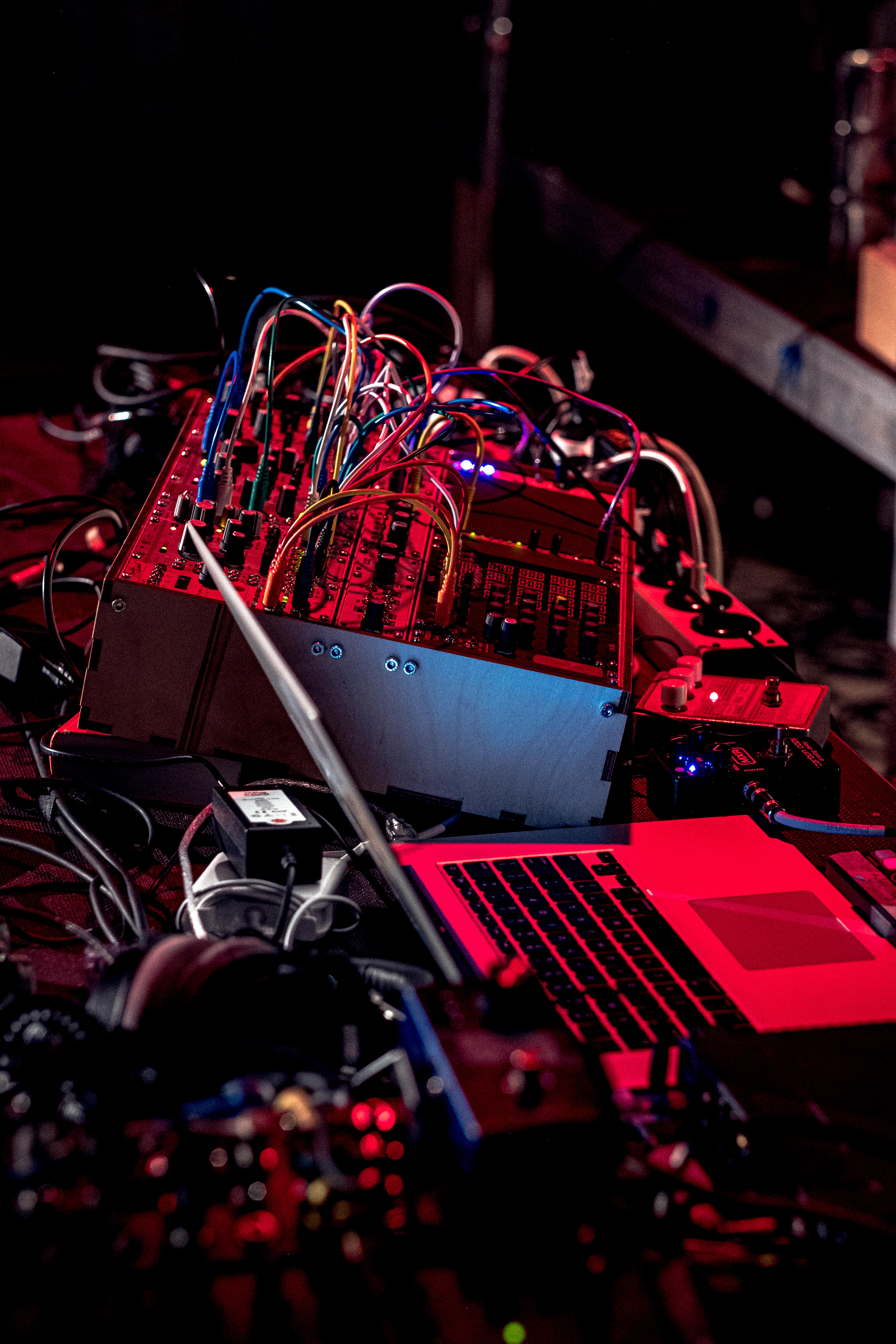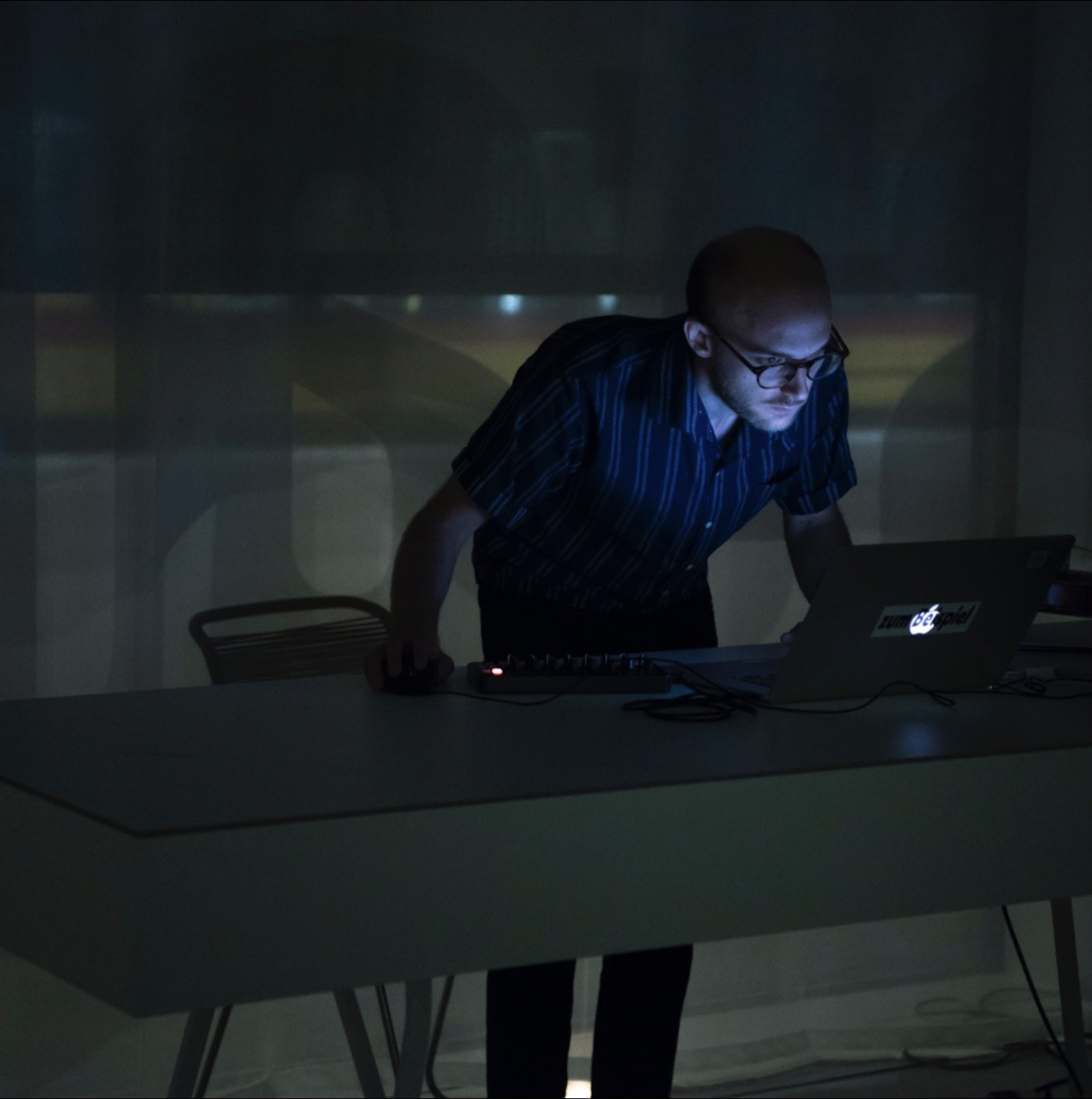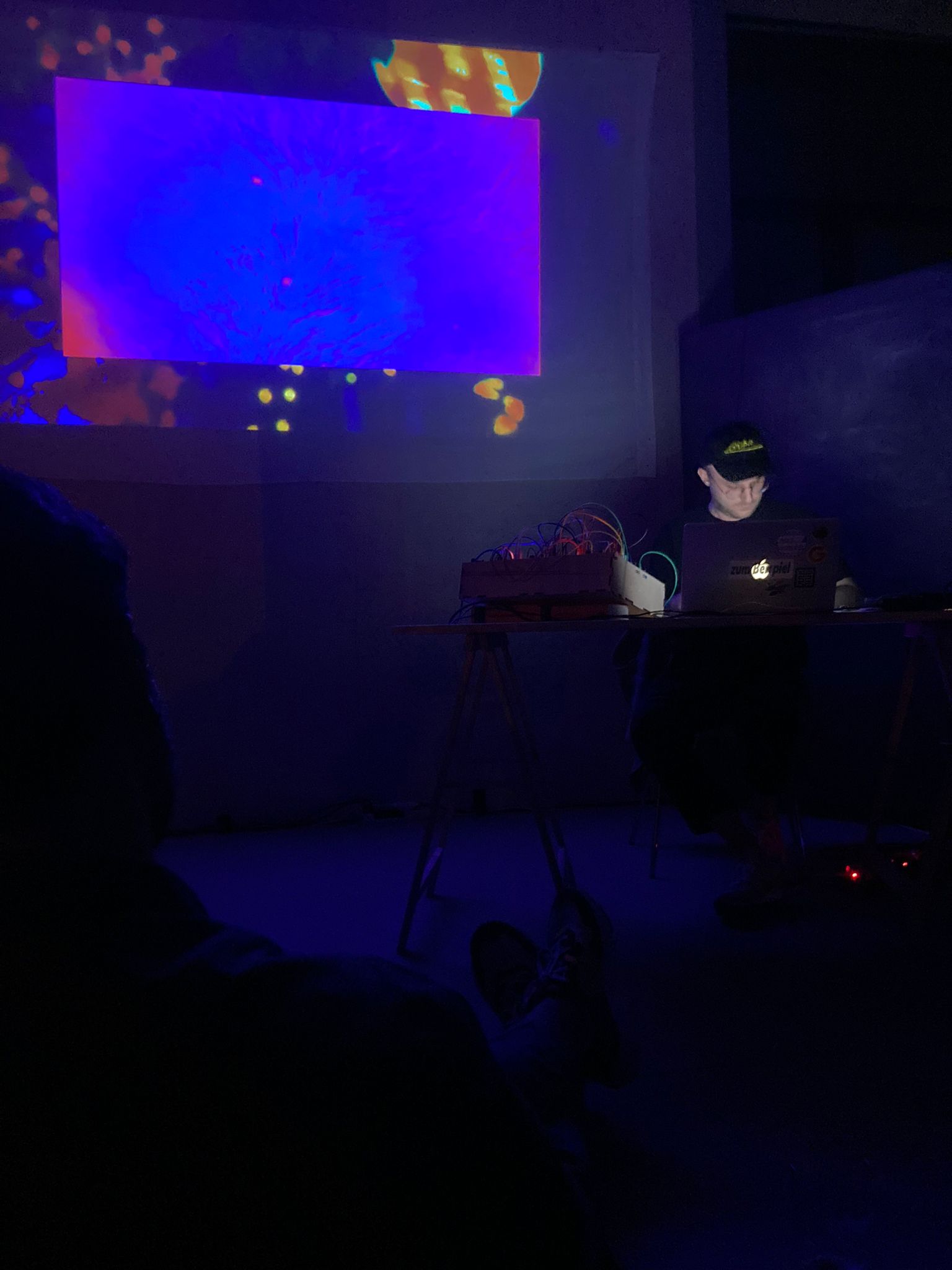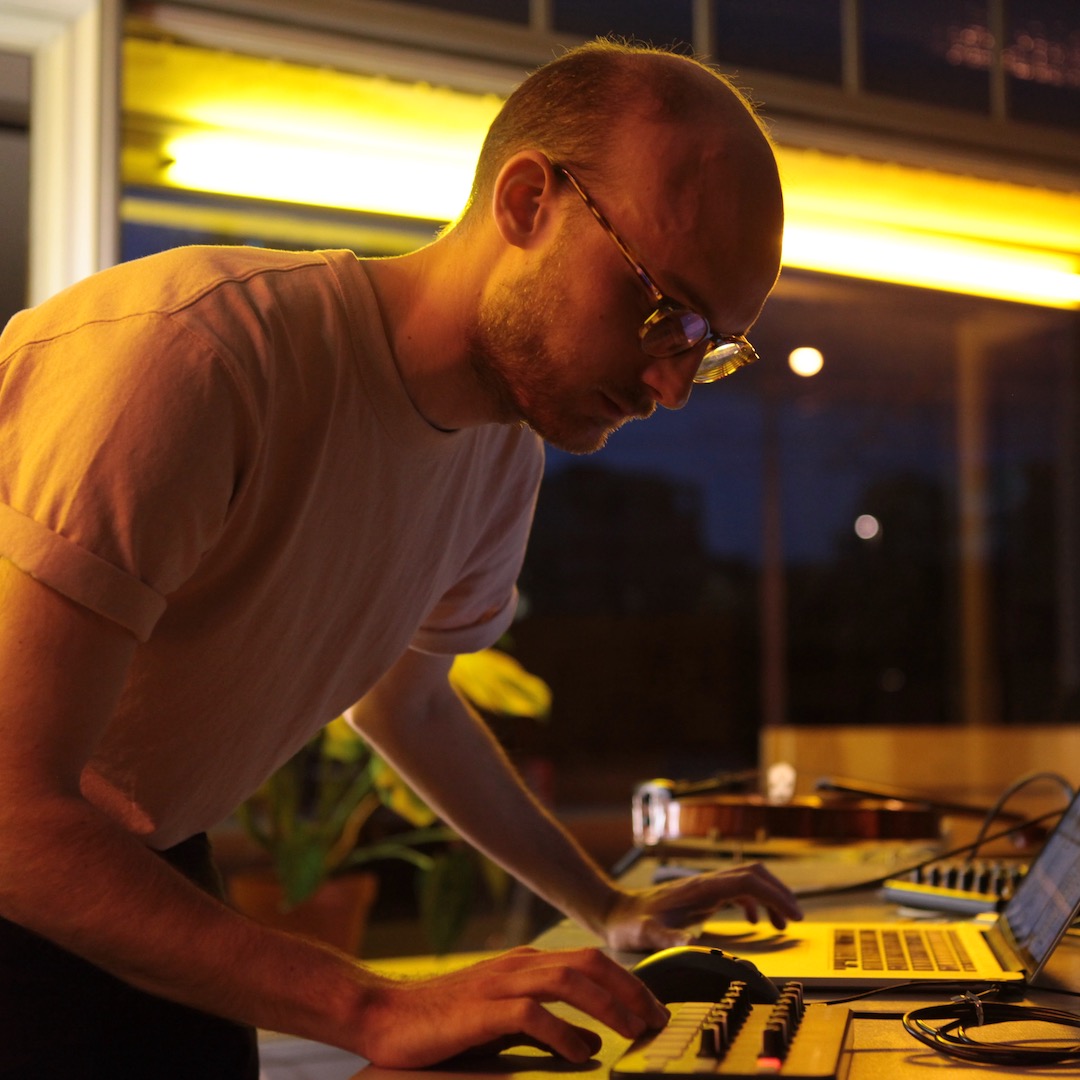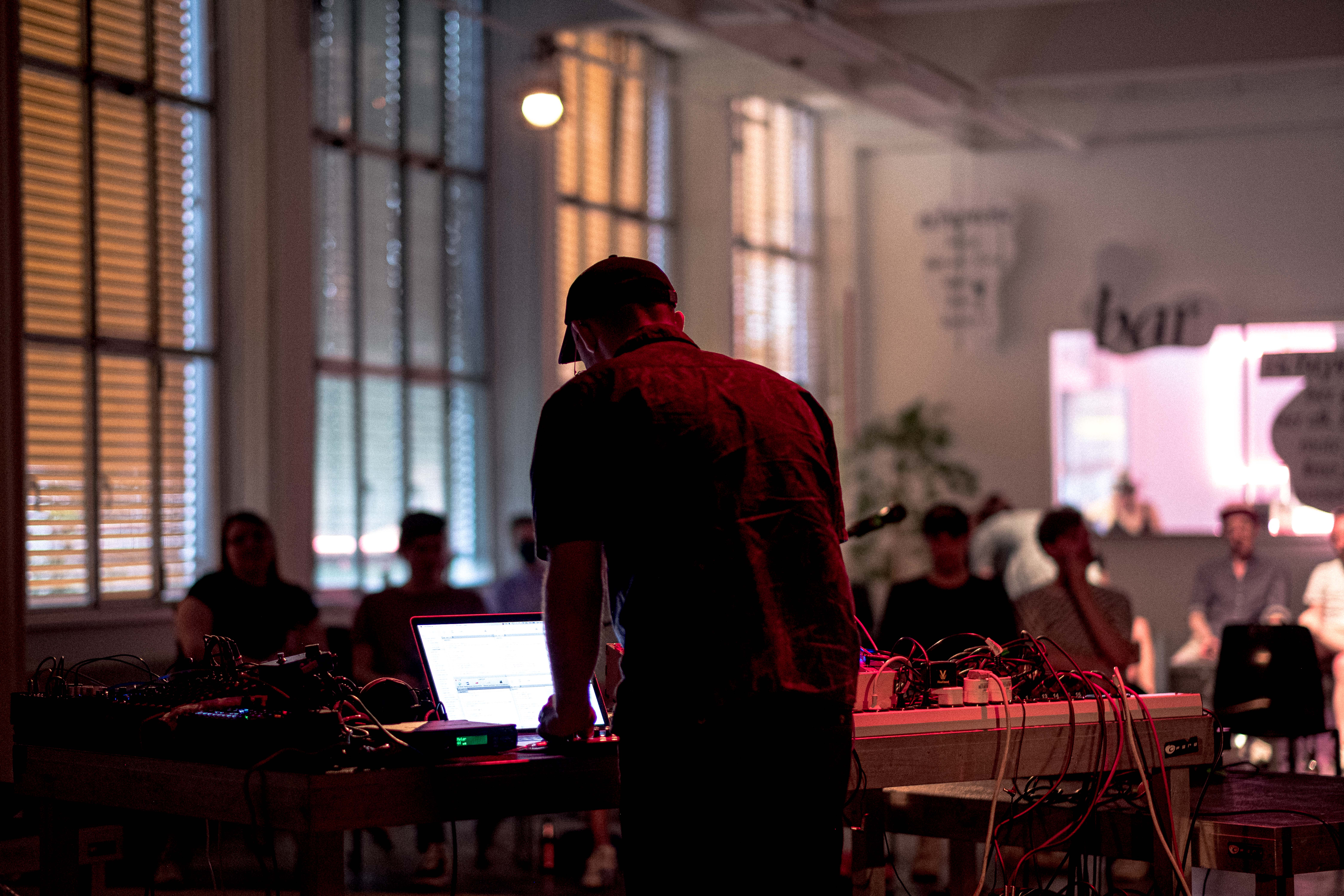Translating Opera
Opera is an art form that purports to have it all: poetry, music, costumes, and lots of drama. Opera in translation is ubiquitous, and what originally started as a private performance for Florentine nobles quickly spread beyond the palace walls and around the world with the aid of translation. With so much going on, translating opera is a multimodal undertaking.
Featuring: Lucile Desblache, a professor at the University of Roehampton in London who led the project Translating Music. Amanda Holden, a practicing opera translator who specializes in creating sung translations.
Originally released on Asymptote Journal

Bio
The work of musician and linguist Dominick Boyle (1991) explores the fragmentation and recombination of place and memory through constructed soundscapes. Using his self-compiled collection of field recordings and interviews–memories collected around the word–as well as sounds from in and around the performance space, he aims to synthesize a sonic space surrounding the audience which fuses with the environment around them, augmenting rather than overtaking it. Using personally created software in the computer coding language ChucK, as well as violin, modular synthesizer and other effects he creates flexible spaces governed by his own input as well as chance.
Dominick holds an MA in Language and Communication from the University of Basel and a BA with a focus on Music from Sarah Lawrence College. He has also studied at the California Institute of the Arts. Performances in Switzerland include Snippet Festival (2022, 2020), Lust*Streifen Film Festival (2021), Hochschule für Gestaltung und Kunst FHNW, Bonjour Baby and SideEffects pop-up gallery. Podcast editor for Asymptote Journal of world literature and translation (2017-2019). Cooperation with dance, theater and filmmakers in New York, and performances at venues such as Experimental Intermedia, Danspace Project, Hudson River Museum and the NYC Summer Streets festival. He has lived in Basel since 2016.
